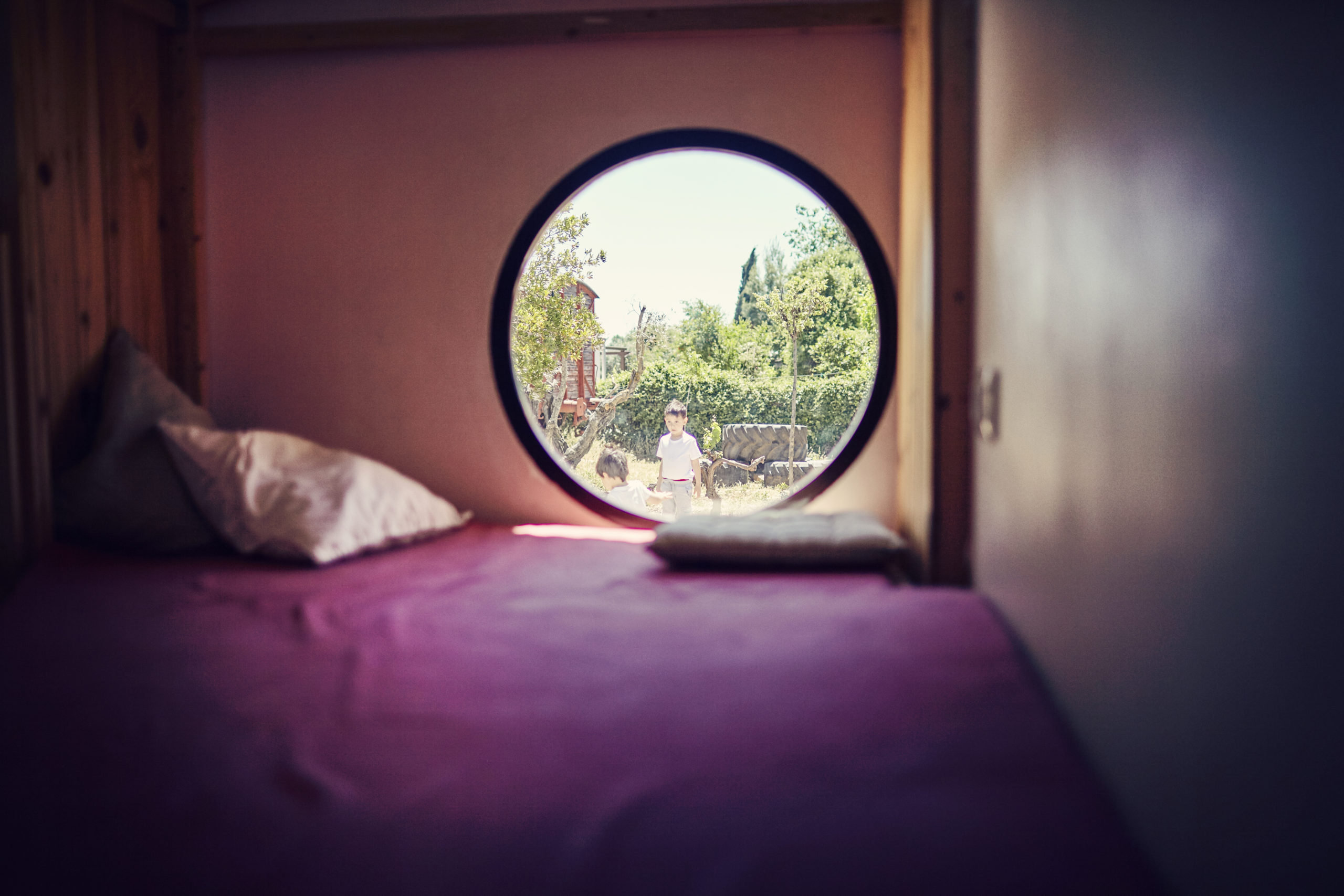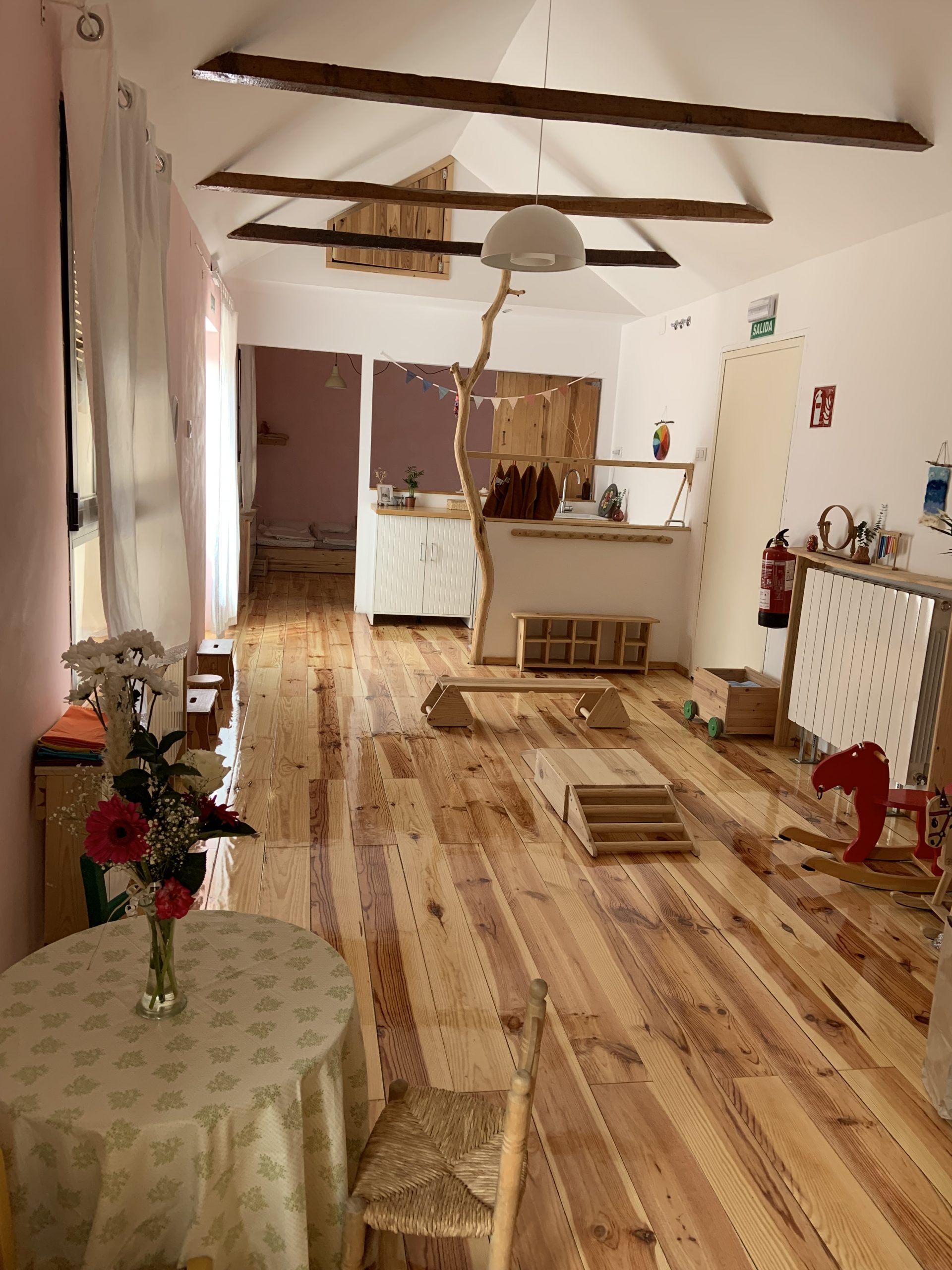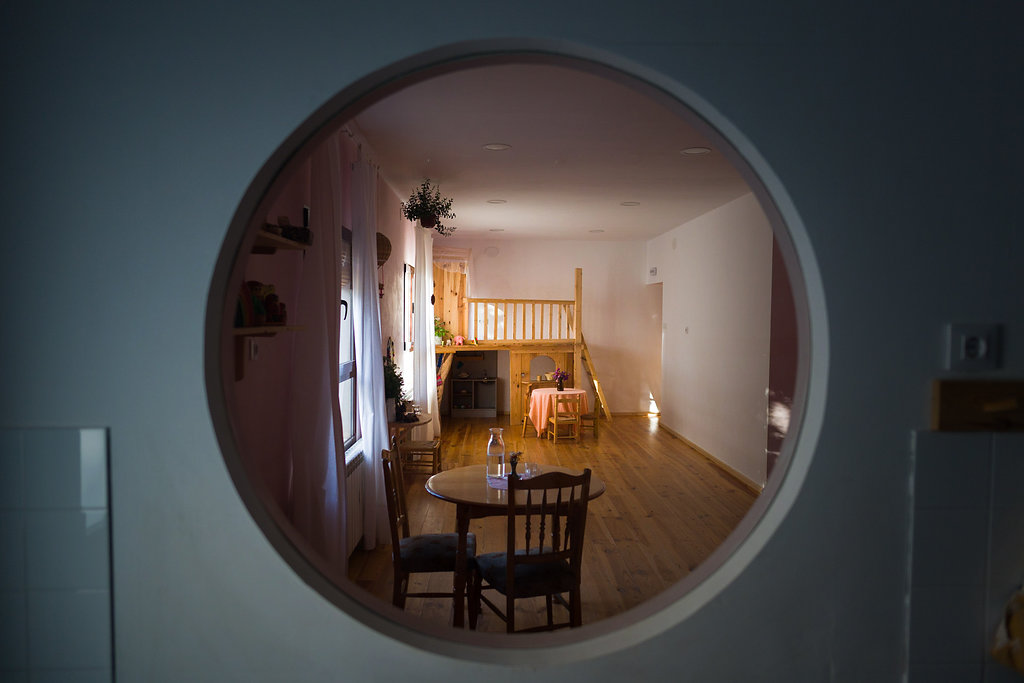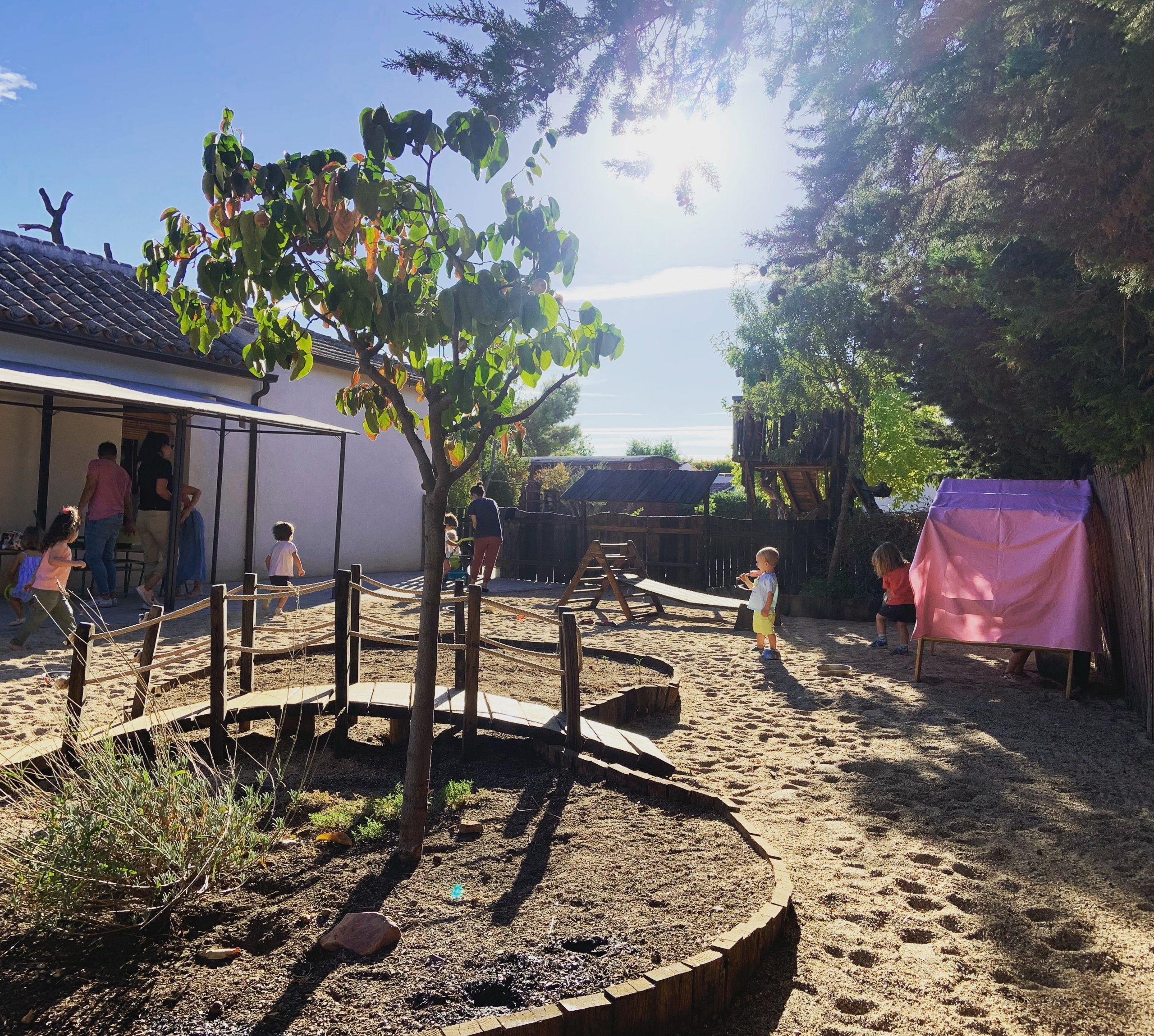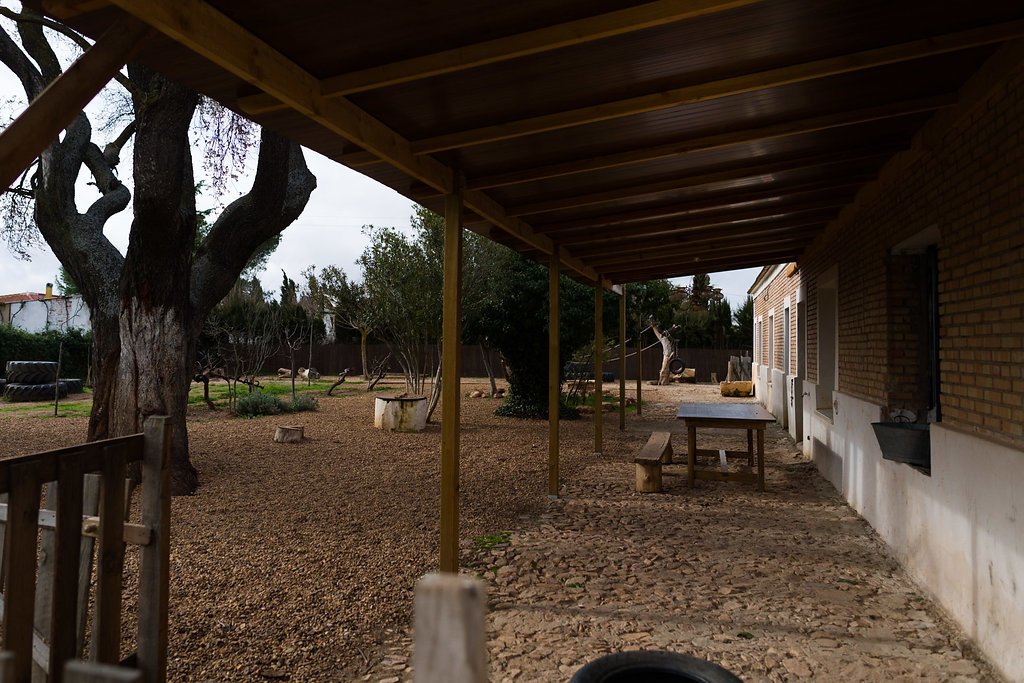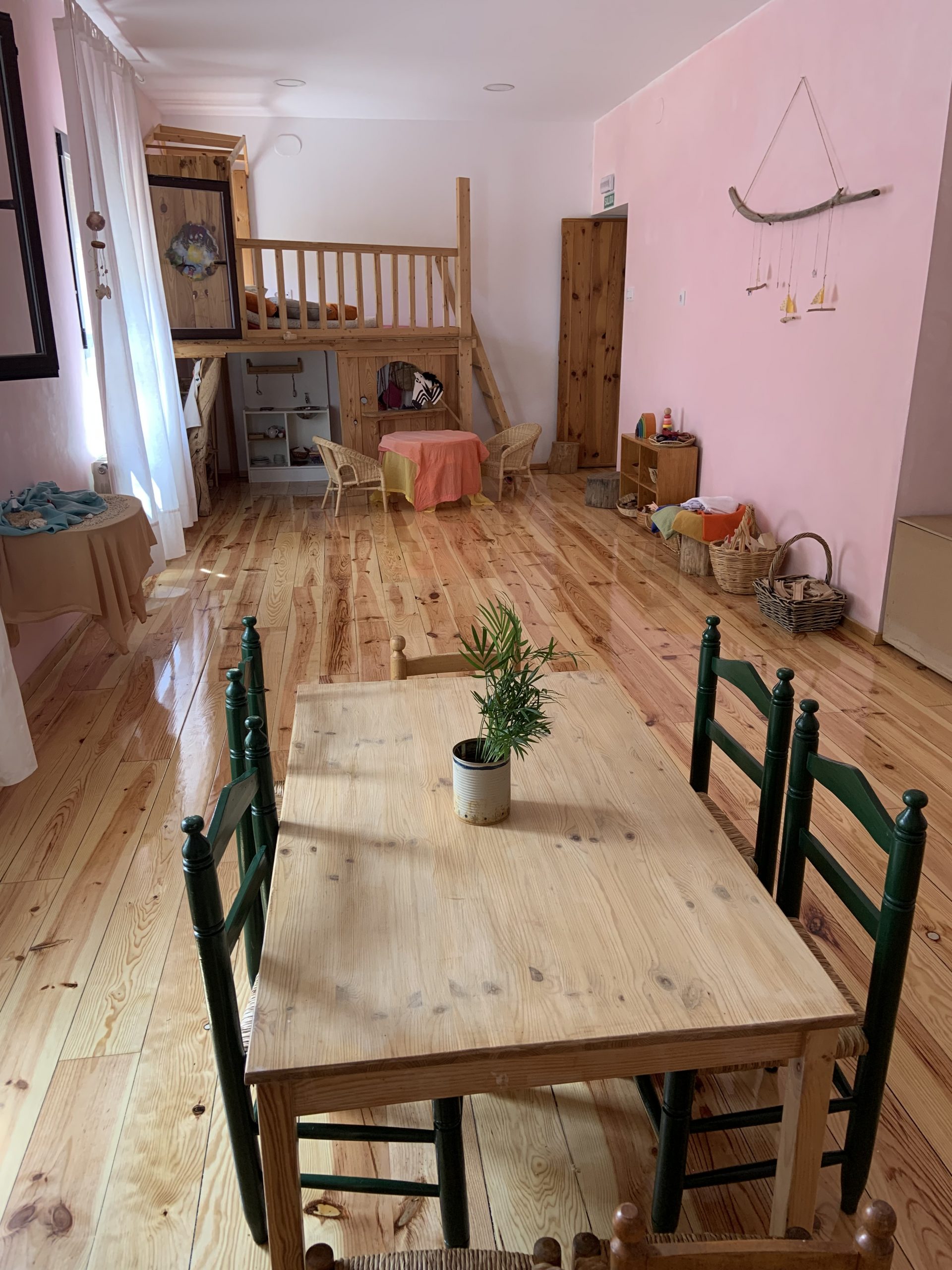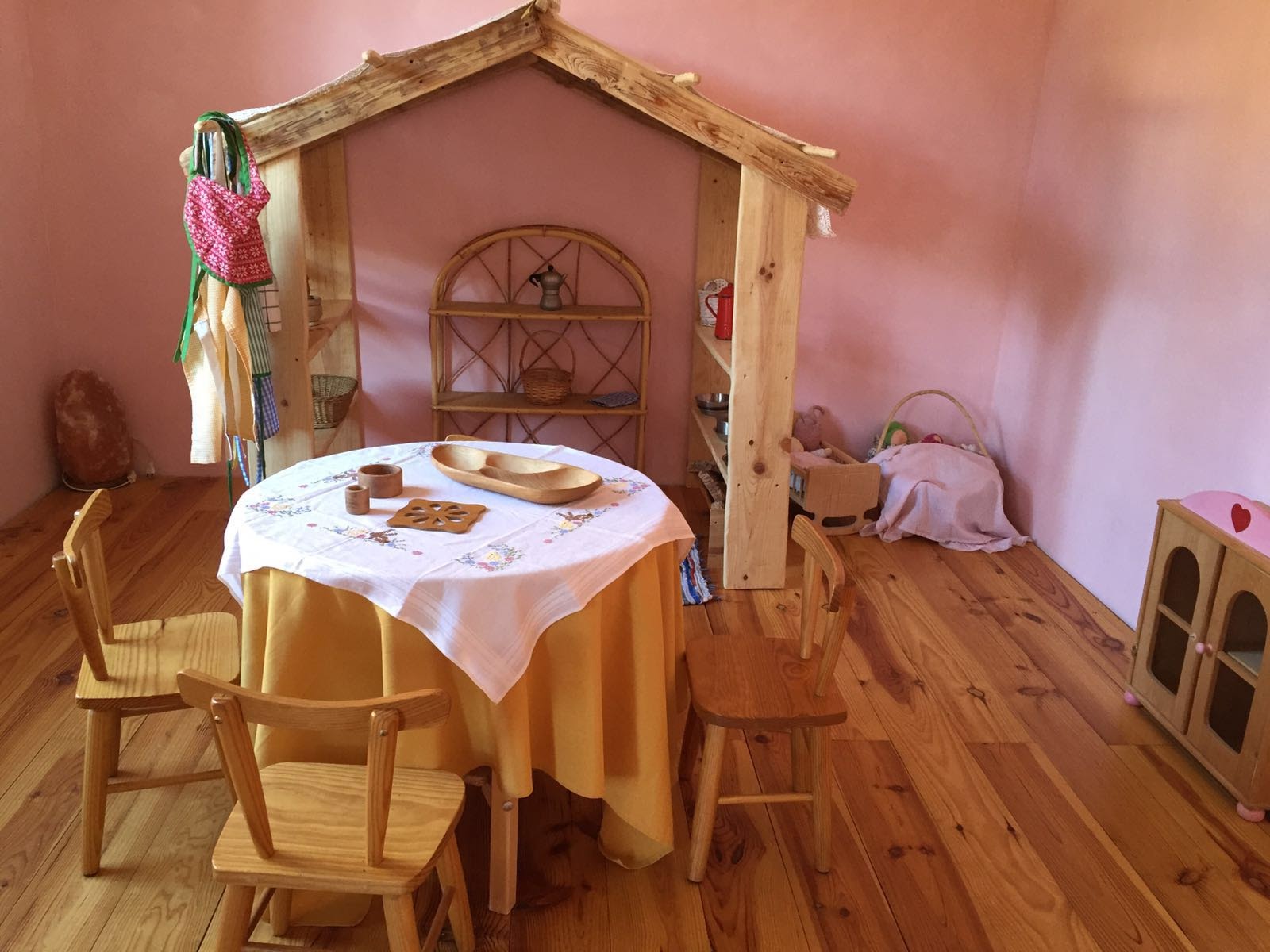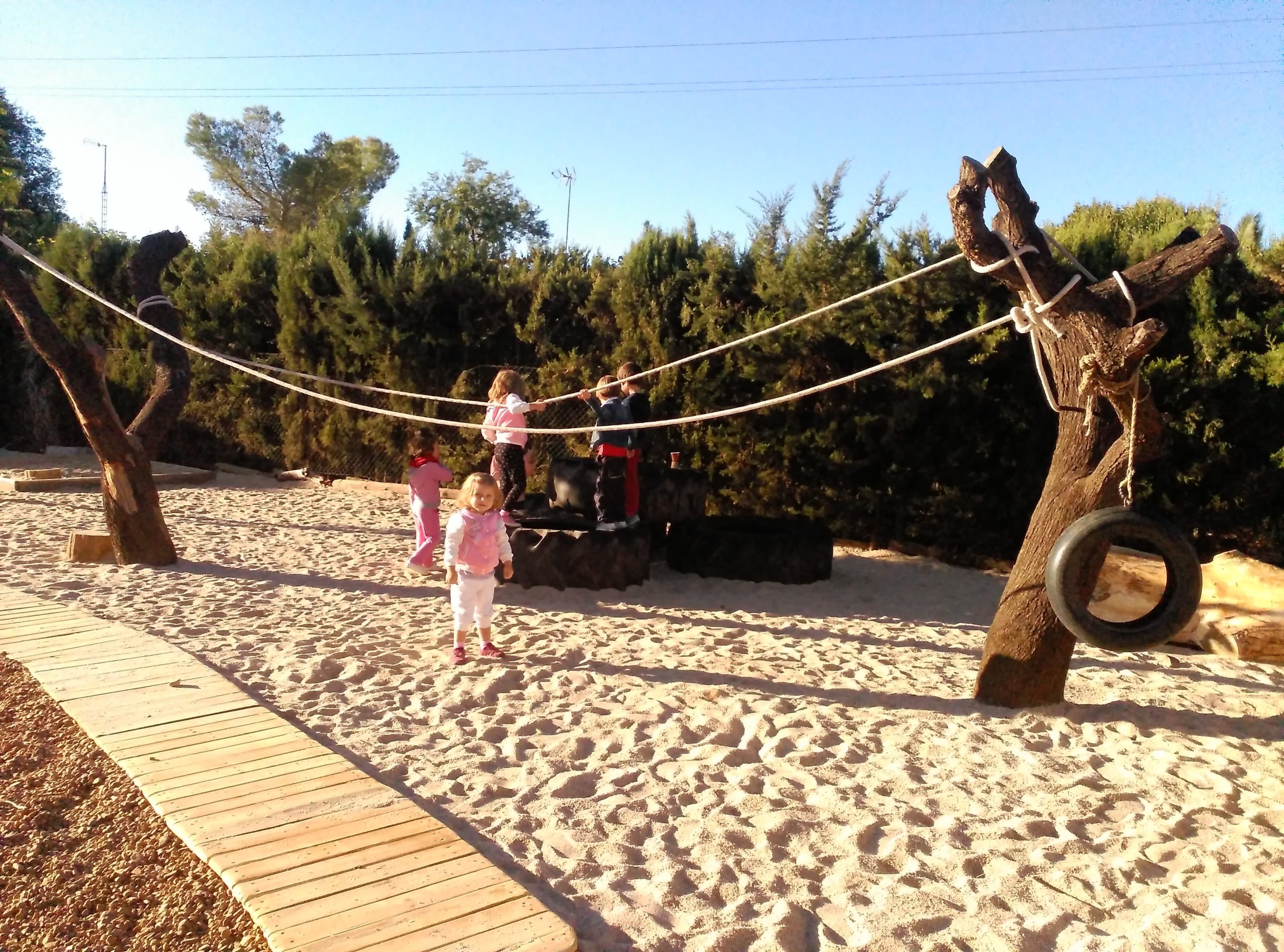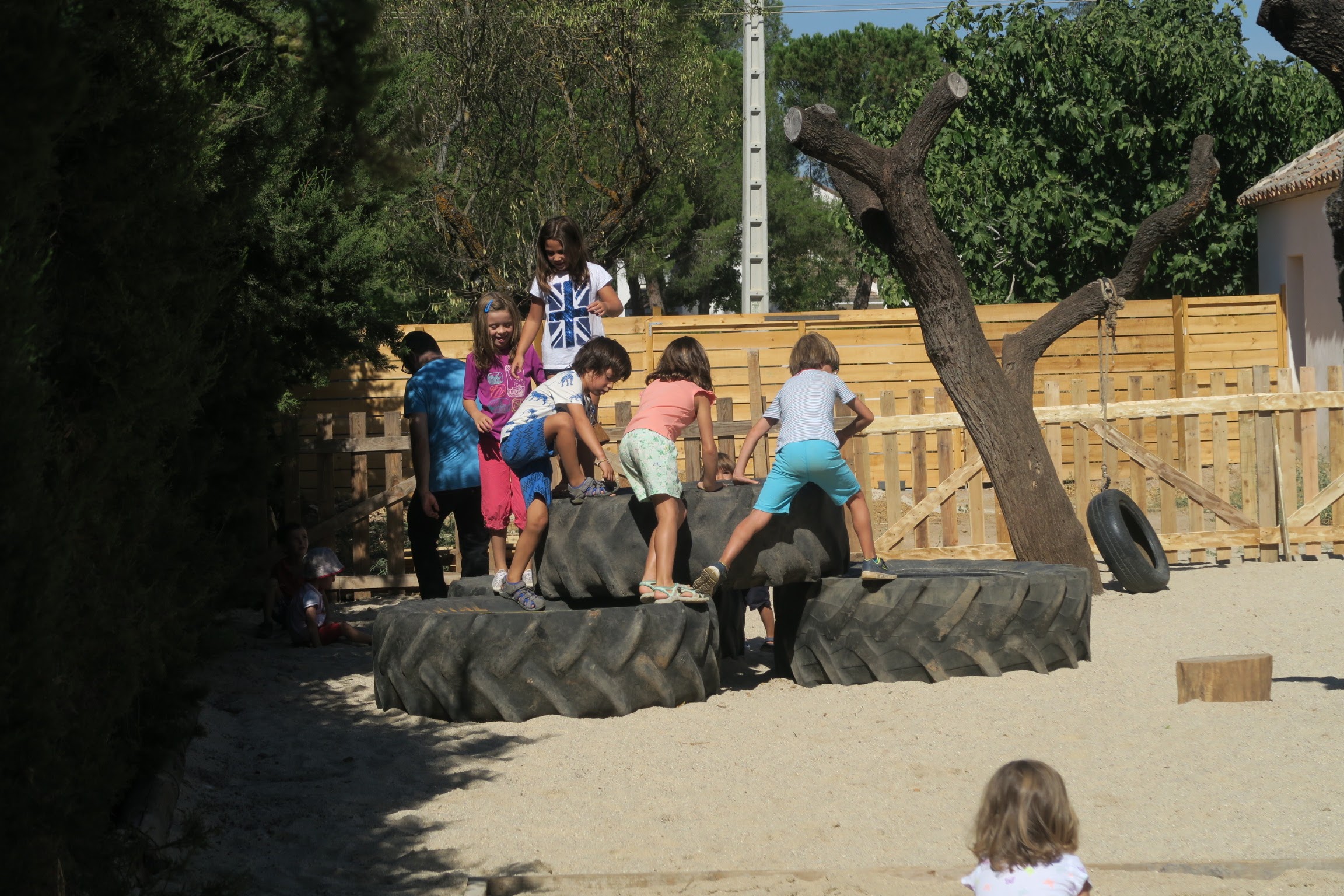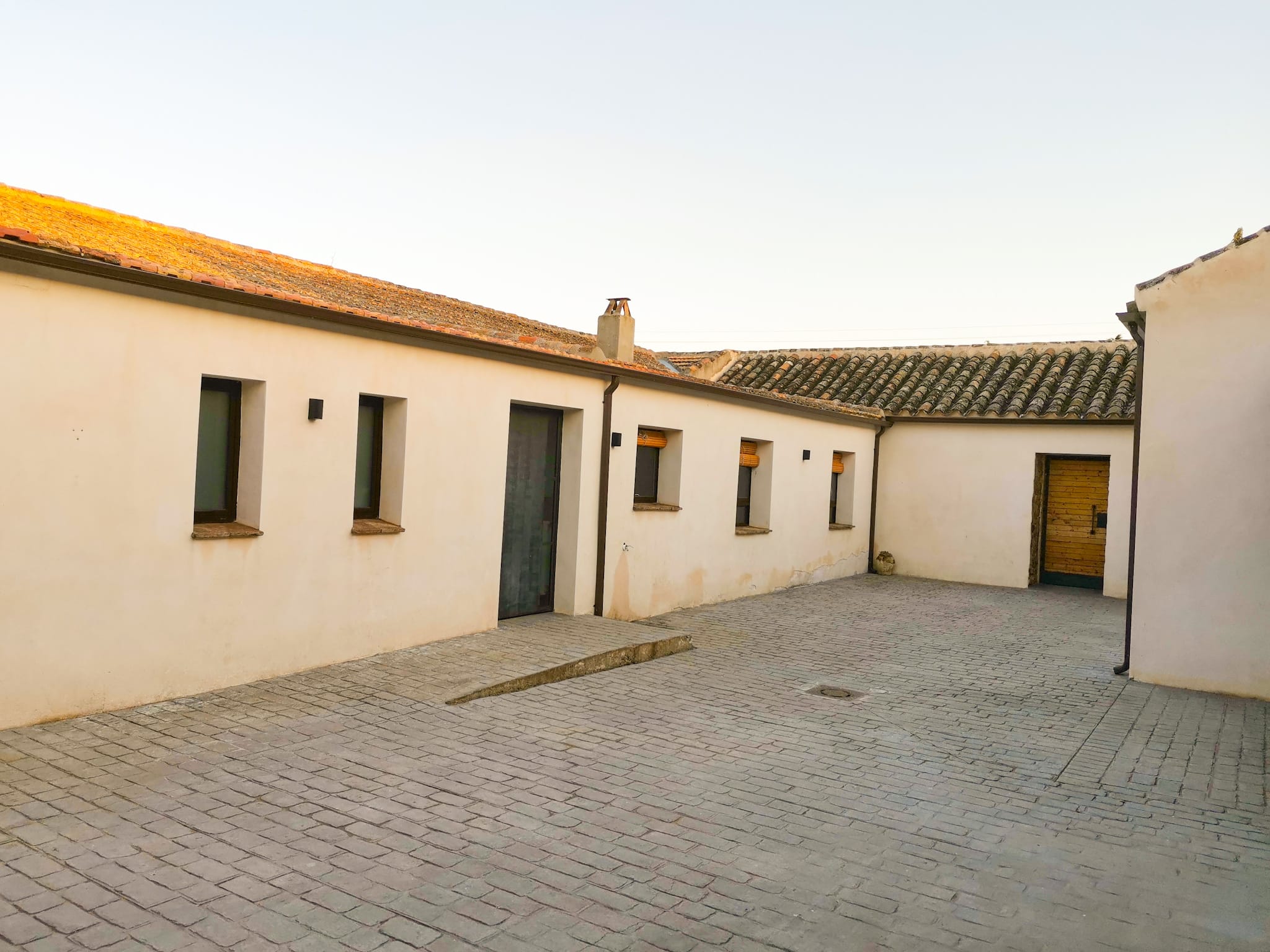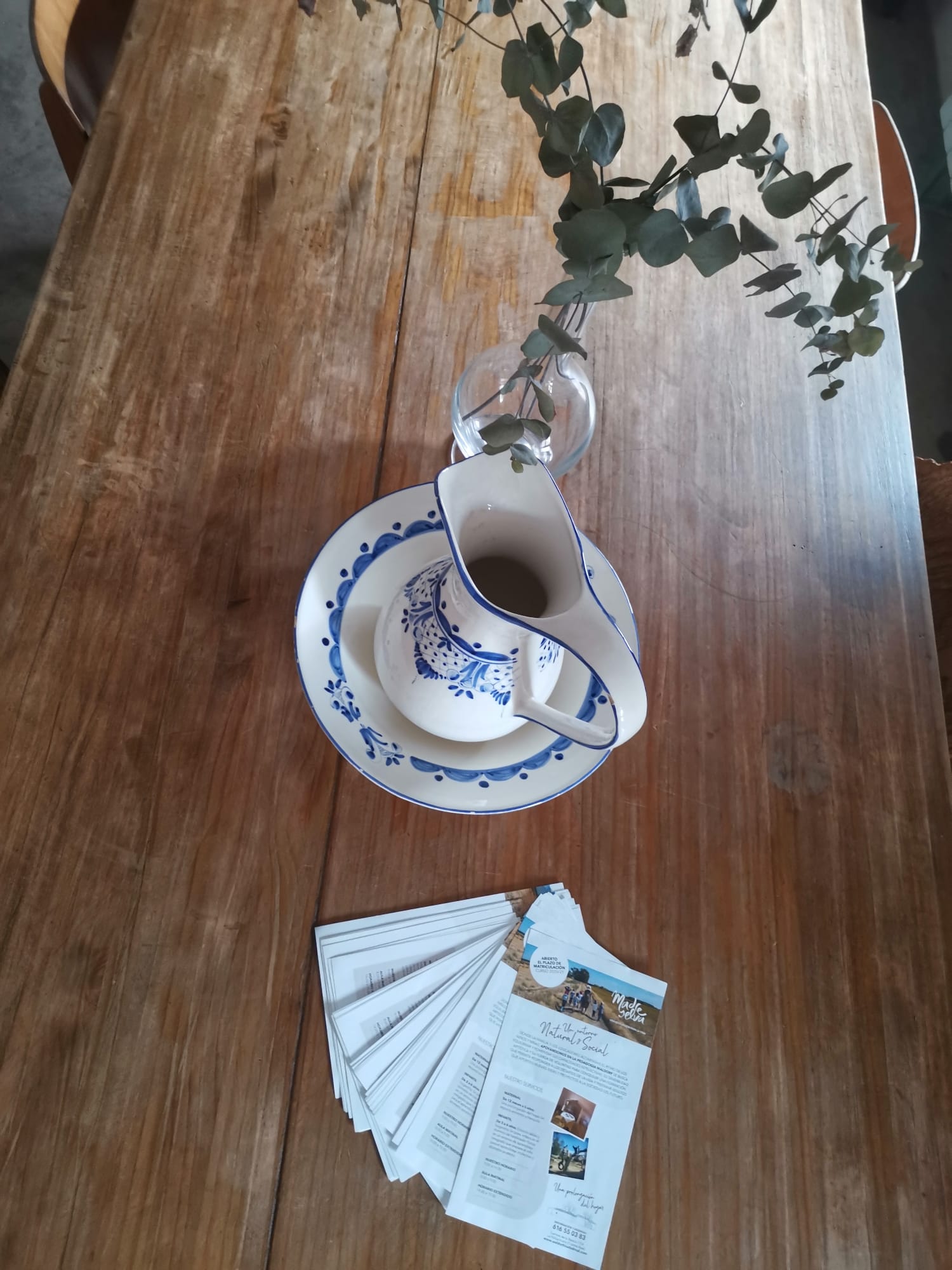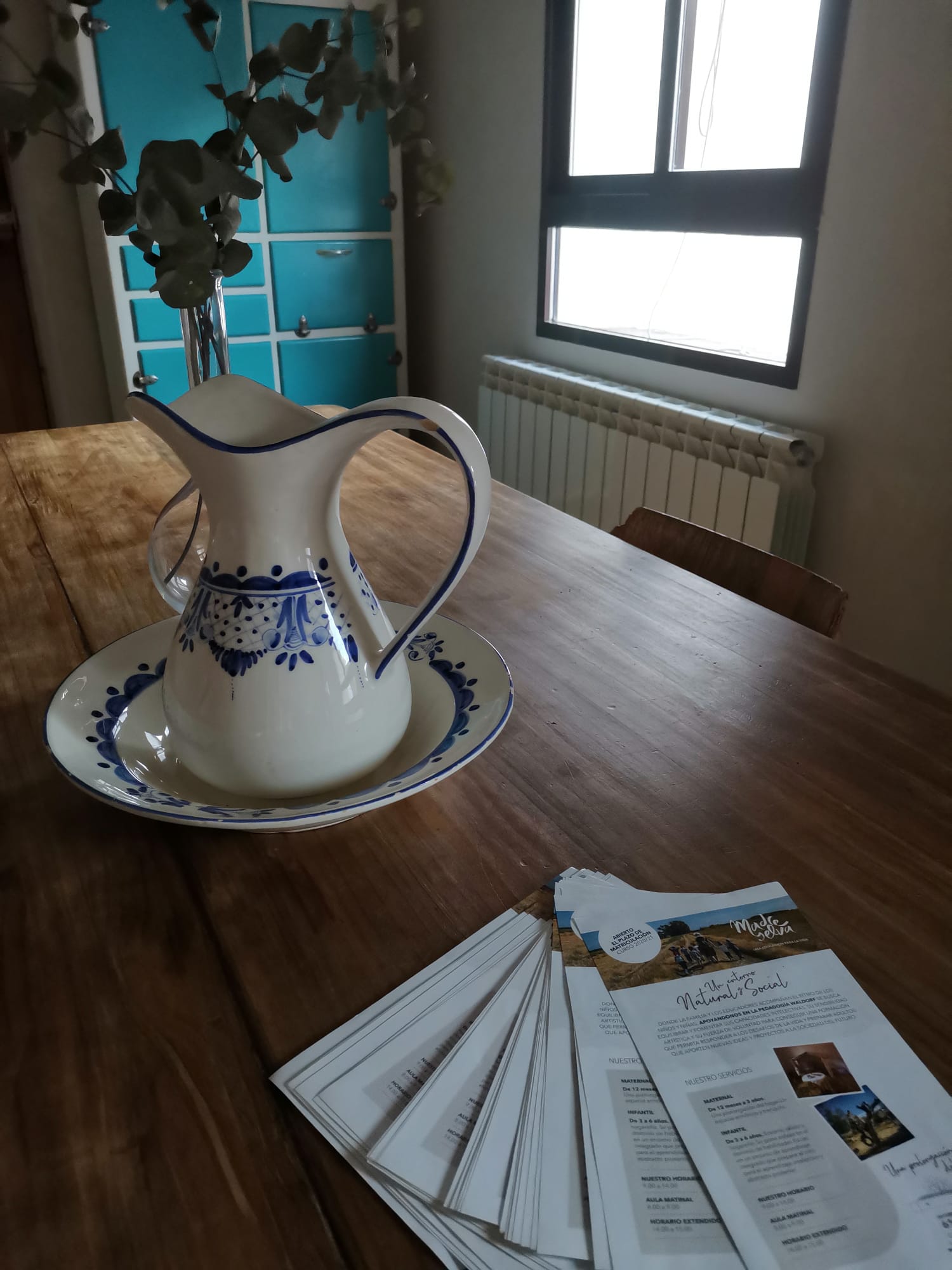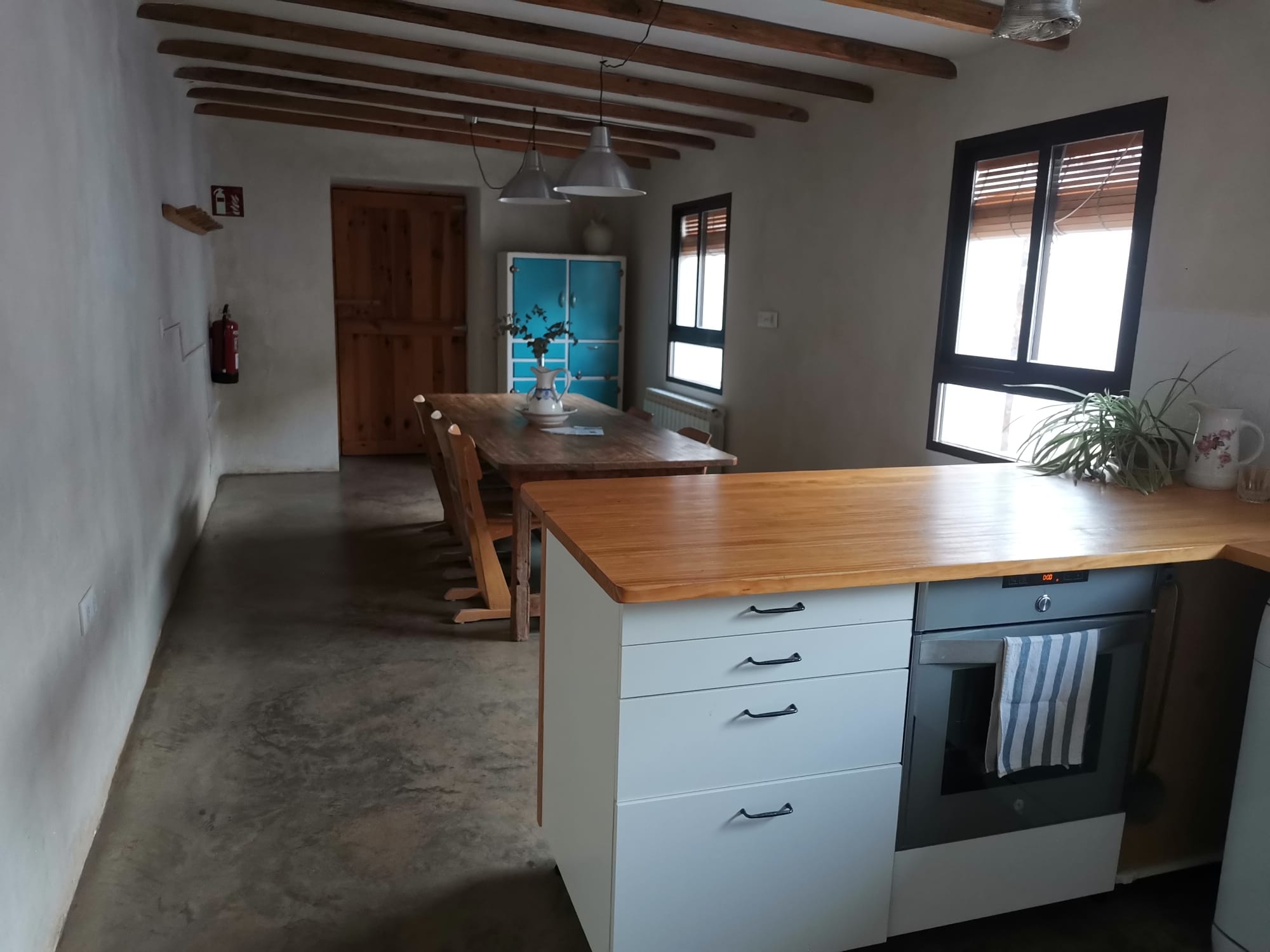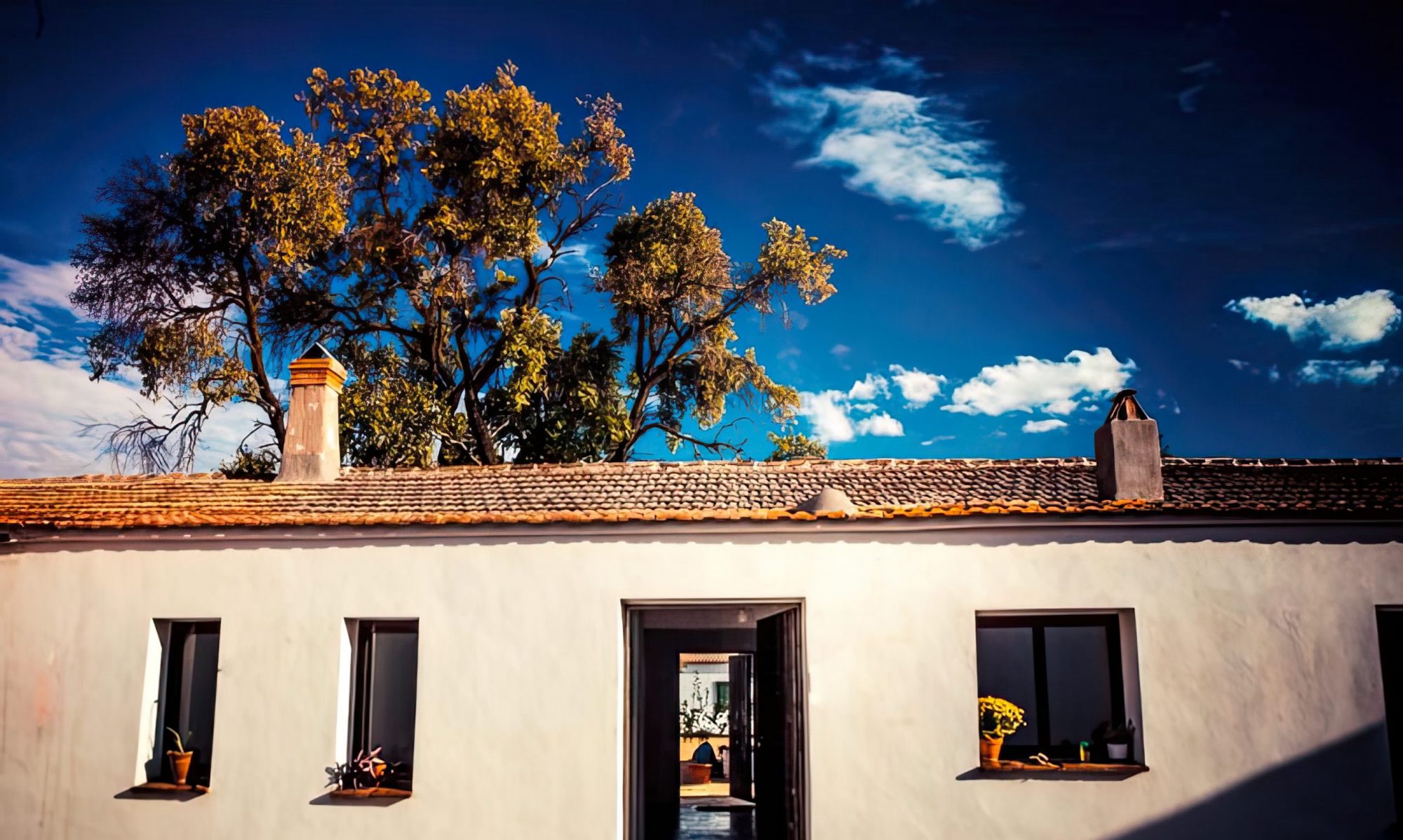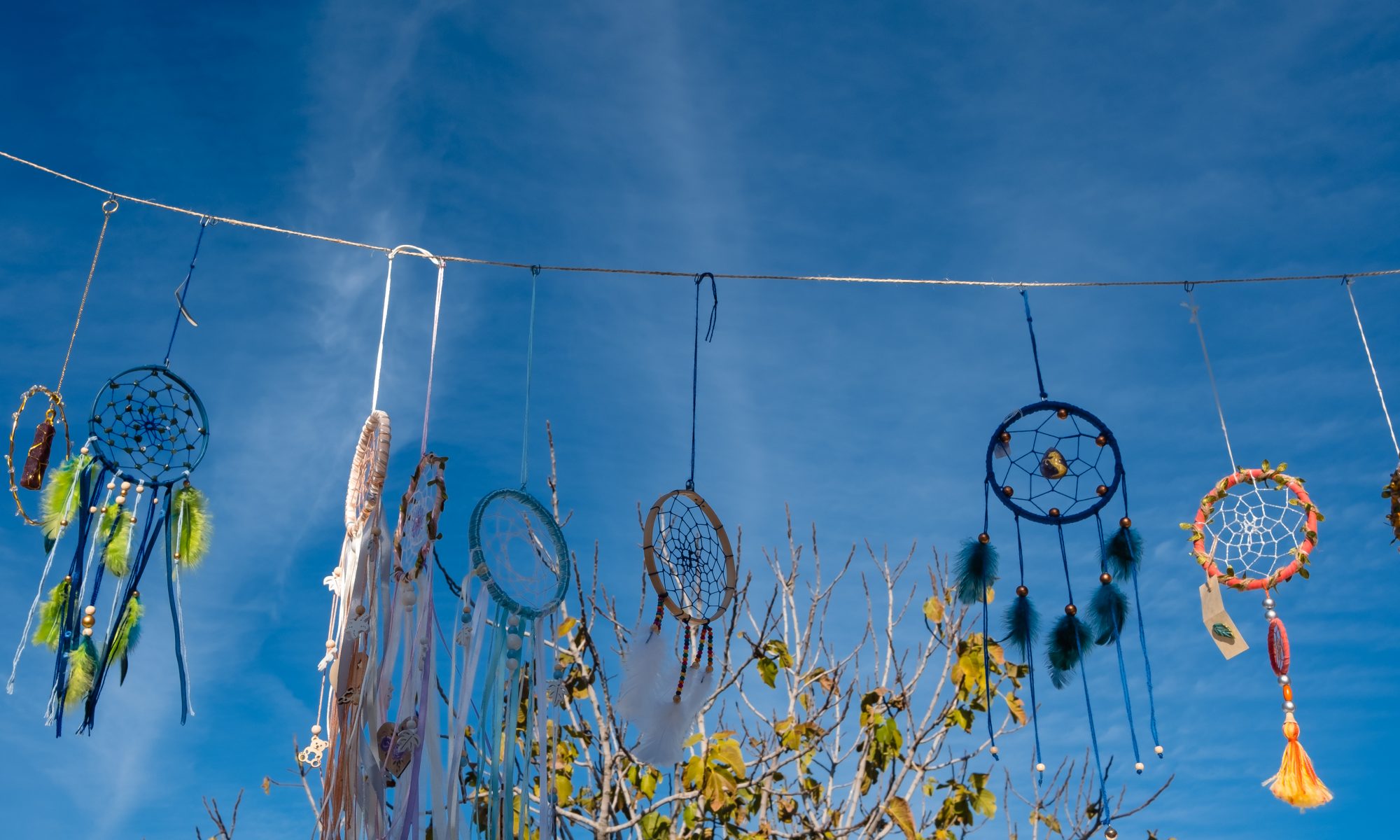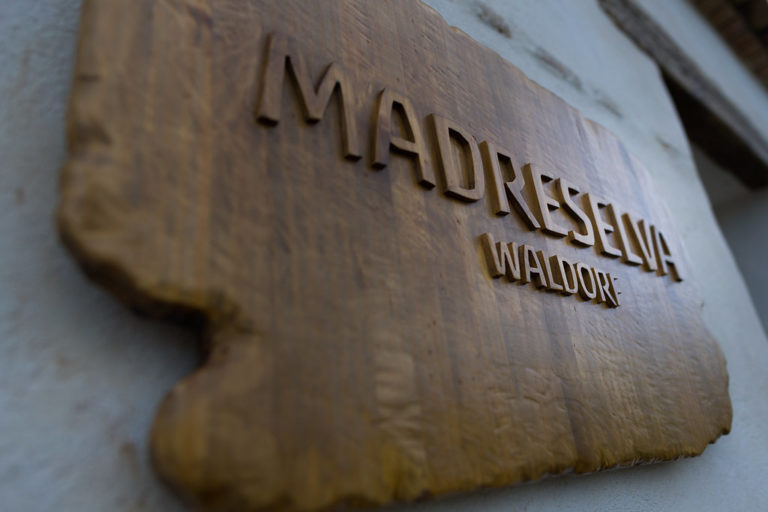
Among all families and teachers, we have created a space to develop Waldorf pedagogy accessible to all, establishing a social project that is consolidated and has a future. It’s a warm and homely environment that children feel is theirs, filled with magic, stories, songs, theater, and affection.
Our trajectory in context:
In 2013, Madreselva Waldorf Educational Association was officially established with 8 families. The growing interest in this pedagogy has led the Association to organize workshops, informative seminars, and conferences on Waldorf education in Ciudad Real over the past few years.
In addition, some families have completed specific training cycles in pedagogy, which, along with the support of Antonio Malagón, a driving force behind this pedagogy in Spain, and educators who have joined the project, has ensured a careful implementation of this pedagogy that gradually becomes familiar to the community.
The workshops and conferences organized usually have numerous attendees who see how this Association, beyond implementing the pedagogy, incorporates a social inspiration that includes encounters that enrich and interest different people in the city.
How do we work?
We try to reduce costs through collaborative and supportive work through committees. The Association has grown step by step and currently has 40 families and more than 80 members and collaborators who are organized into various committees (management, organizational, economic, maintenance, etc.), allowing the Association to self-manage and offer multiple activities: ecological soap workshops, oil and cosmetic product workshops, nature-related workshops in the Association’s garden, craft courses, sewing, basketry, handicrafts, various extracurricular activities, parents’ school, and invited seminars on various topics.
What infrastructure do we have?
In the new headquarters space of the Association, renovated by the families themselves and inaugurated in September 2015, we have a 400 m2 center maintained by families through a long-term lease. At the moment, it has six classrooms, a kitchen, a dining room, independent bathrooms for each classroom, multipurpose rooms, and a library, along with 1,500 m2 of outdoor space in nature, allowing us to fully develop the requirements of this pedagogy.
We solely rely on the resources of the families of the Association and donations from sympathizers. The Association has committed to a long-term loan with favorable conditions with the owners of the space to gradually pay for the renovation costs with the family fees.
Is it already an accredited school?
Yes, we can finally announce that we are an accredited Waldorf school for preschool and primary education, accommodating children from 3 to 12 years old, in addition to having our traditional playgroup for toddlers. It has 6 classrooms, a dining area, an interior and exterior courtyard, a teacher’s room, and 4 toilets.
The space already meets all accessibility, safety, emergency exits, risk control, critical point analysis, and health checks, allowing us to be granted registration as an Educational Center according to the Education Council of Castilla La Mancha.
Why is Madreselva an international school?
Because we work with the NEASC entity, which evaluates us annually as part of its certification cycle as an international bilingual center. Within this process, the Waldorf International School Madreselva has undergone several visits and positive evaluations. After 3 positive evaluations, we are currently a CANDIDATE School to be permanently recognized as an NEASC-accredited school. This represents permanent recognition as an international school. For this, Madreselva works under strict annual regulatory and documentary control based on fundamental pedagogical principles with which the school is fully aligned:
-
-
- Personalized student-centered learning.
- Students have options on what to learn, how to learn it, and how to demonstrate their learning.
- Flexible use of space and time.
- Everyone in the school is learning, growing, adapting, and trying new things.
- Mistakes are seen as opportunities for learning.
- Growth is more important than achievement.
- Students, teachers, and families have a voice.
- The school is inclusive, diverse, and welcoming.
- Students see things from multiple perspectives.
- Students grow in knowledge, skills, and aptitudes.
-
